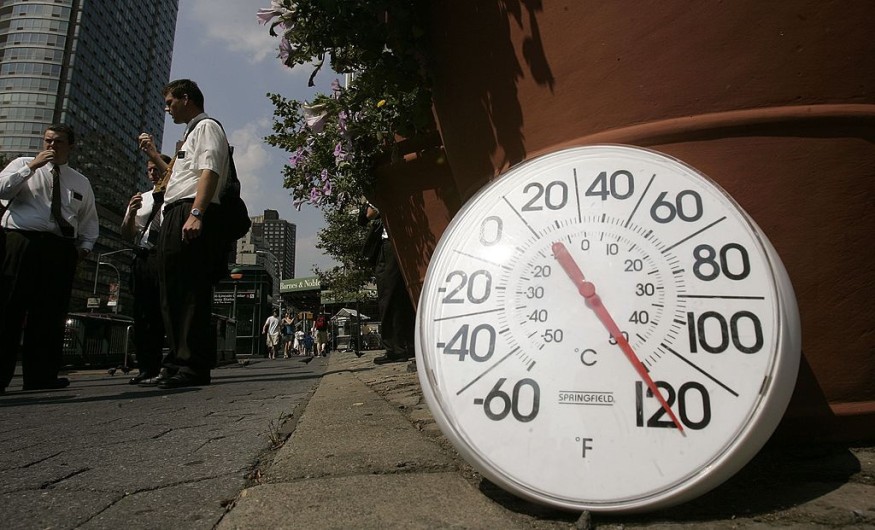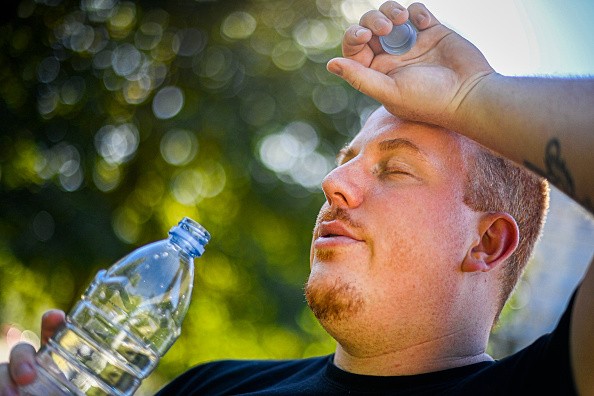Last year, there were 580,000 homeless persons in the United States, with 28 percent living in California, where seven out of ten people live outside. This is roughly nine times the amount spent in any other state.

Heat Waves Endangering the Homeless

Heat waves are only one of the many health risks homeless people face.
"The same weather that allows individuals in California to live without shelter also puts them at risk for a wide range of heat-related health issues that can lead to end-organ damage and even death," Tarik Benmarhnia said. He is a senior author of a recent study on homelessness and emergency department visits and an associate professor at the University of California, San Diego.
"People who are homeless are considered to be among the most vulnerable to extreme weather impacts, due to their exposure to the elements and high rates of preexisting health conditions like mental illness, as well as higher rates of smoking, drug, and alcohol use," Benmarhnia explained in a university news release.
Related Article : Study Shows How Wildfire Triggers Major Forest Changes
San Diego's Homeless Population
His team studied emergency department data from two San Diego hospitals and temperature data for the city for the current study. San Diego has the nation's fifth-largest homeless population.
The data revealed that roughly 25,000 of the more than 242,000 emergency room visits between 2012 and 2019 were made by homeless persons.
The research focused on the summer months of May through September. During the most intense two-day heat waves observed, homeless persons attended ERs 1.29 times more during those months.
According to data published this month in the American Journal of Public Health, visits rose during lengthier heat waves with more intense temperatures.
Increased Mental Illness
According to the researchers, mental illness increases a homeless person's risk of heat-related disease, maybe because these people are less able to notice heat-related symptoms, seek a cool place, and rehydrate.
"Activating heat action plans to safeguard those suffering homelessness from heat waves is not only reasonable but is required," says research co-author Edward Castillo, a professor of emergency medicine at UCSD.
"Adapting therapies to specific populations might successfully reduce the impact of this increasingly widespread exposure on both patients and health care systems," Castillo noted.
Climate Change Involvement

The study's authors cautioned that climate change would raise the risk of heat disease among the homeless.
"As the threat of increasingly frequent and intense heat waves grows in the United States, particularly in California," study first author Lara Schwarz, a doctoral student in public health, said, "understanding and prioritizing the needs of this rapidly growing vulnerable population will be a critical action in developing and deploying effective adaptation strategies such as heat action plans to attenuate this burden."
Also Read : How Climate Misinformation Through Social Media Worsens the Battle Against Climate Change
For more news update about Environmental Action, don't forget to follow Nature World News!
© 2025 NatureWorldNews.com All rights reserved. Do not reproduce without permission.





